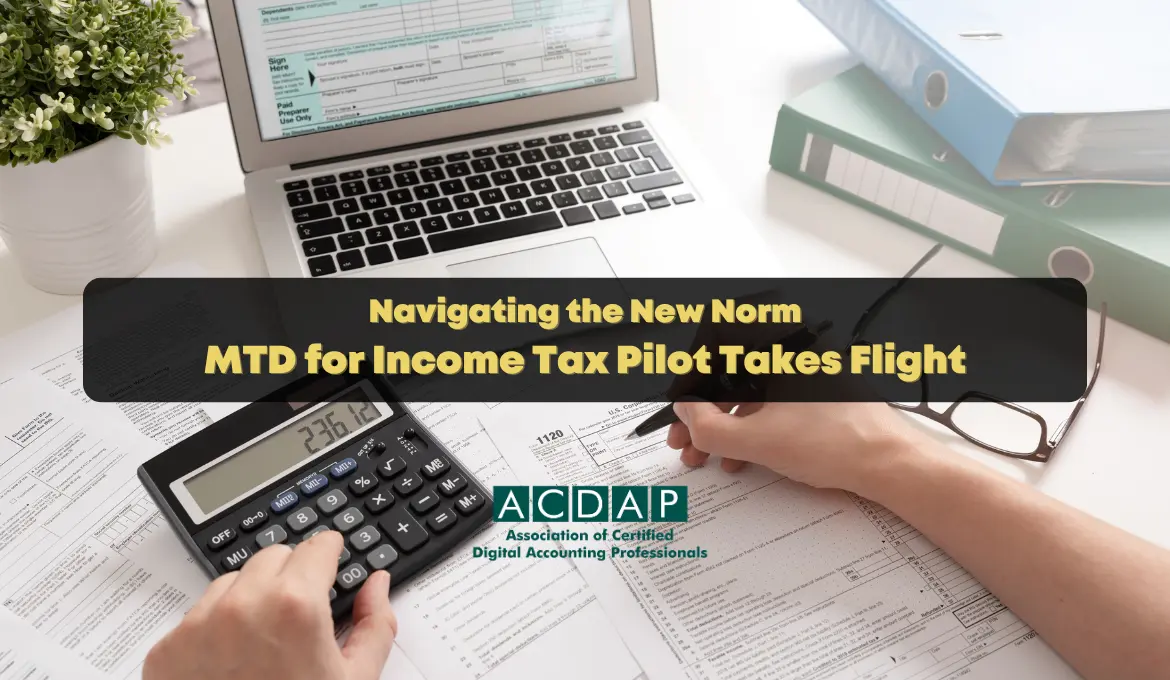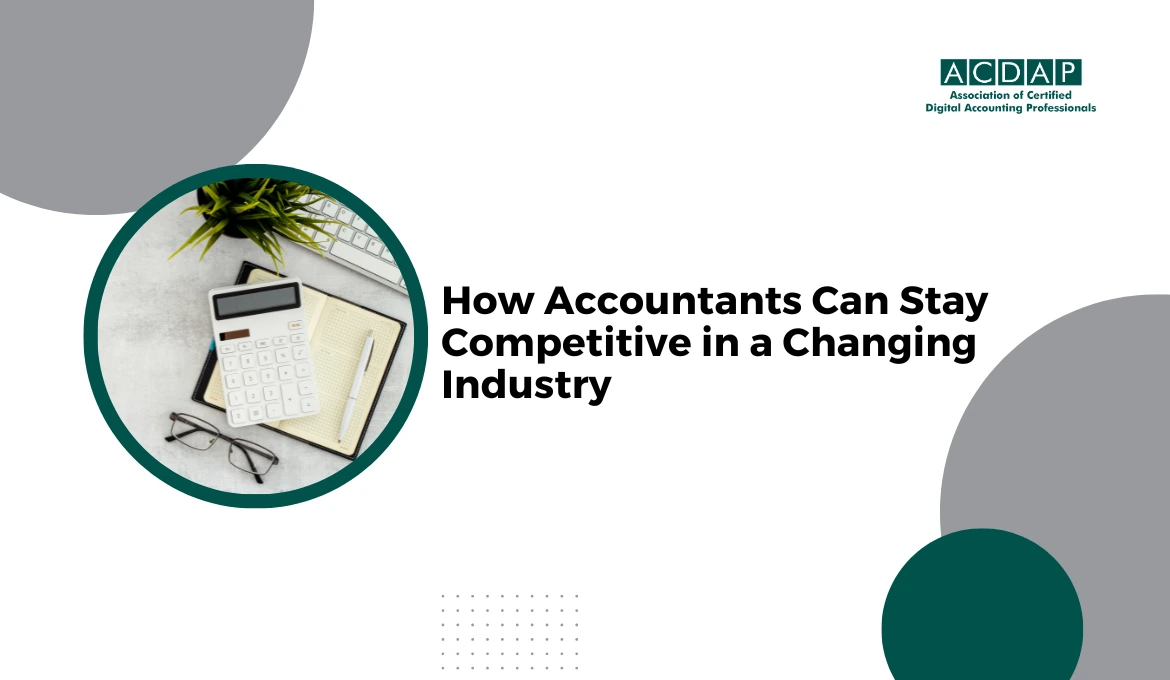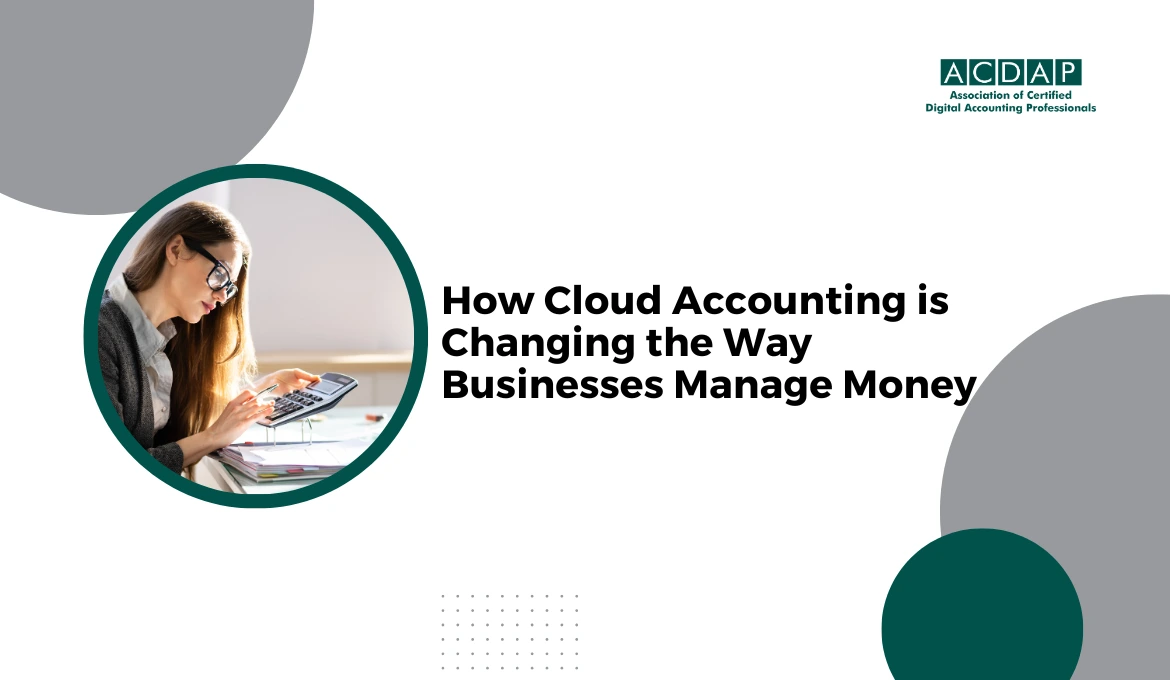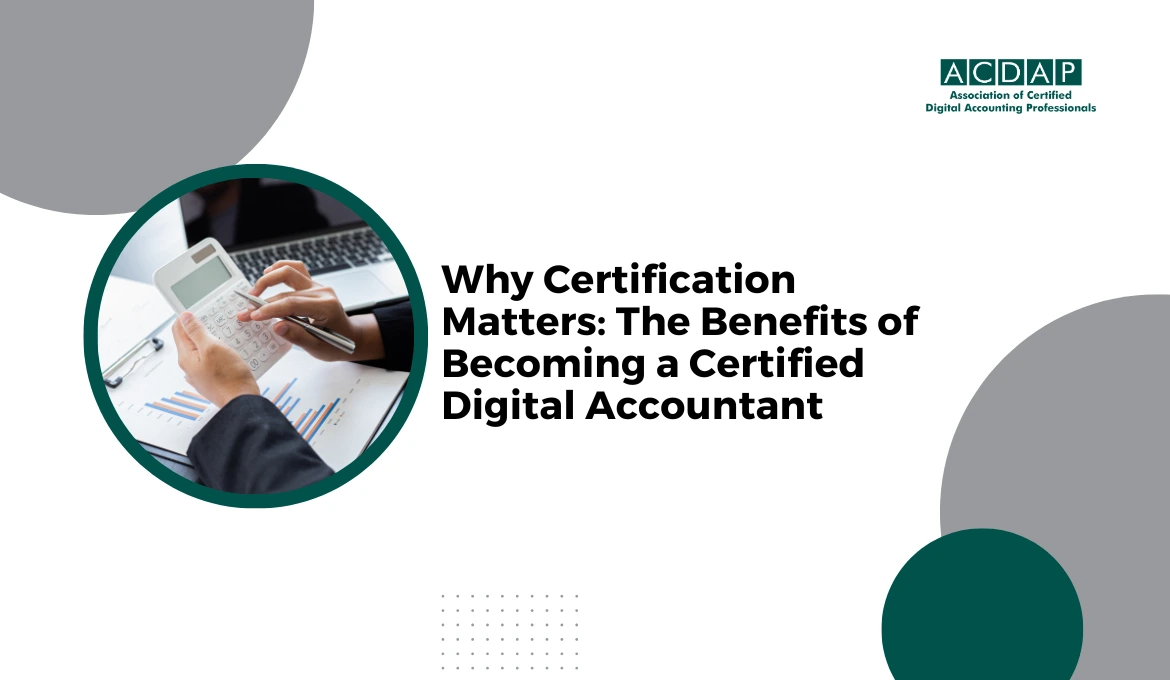The UK's tax authority, His Majesty's Revenue and Customs (HMRC), is transforming how income tax is reported by introducing Making Tax Digital (MTD) for Income Tax. This activity marks a significant shift from the traditional annual paper-based system, propelling the UK towards a more digital and streamlined approach.
Understanding MTD for Income Tax
Unlike the previous system, where tax returns were filed annually, MTD for Income Tax compels businesses and individuals exceeding a certain income threshold to maintain digital records and present quarterly tax updates to HMRC. This digital shift promises a multitude of benefits for both taxpayers and HMRC.
Benefits of MTD for Income Tax
- Enhanced accuracy and efficiency: Regular record-keeping and quarterly submissions can minimise errors and ensure a smoother tax filing process at year's end.
- Improved cash flow management: By spreading the tax burden across quarters, MTD can alleviate the financial pressure often associated with annual tax payments.
- Real-time tax information: MTD empowers taxpayers with a clearer picture of their tax liabilities throughout the year, facilitating better financial planning.
- Reduced paperwork and streamlined administration: The digital format eliminates the need for manual paperwork and simplifies communication with HMRC.
The phased rollout
HMRC is implementing MTD for Income Tax in a phased approach, prioritising specific sectors and businesses based on income levels. This allows HMRC to identify and address any challenges before a wider rollout.
Preparing for MTD
While MTD offers significant advantages, navigating the transition requires some preparation. Here's a look at what taxpayers need to do:
- Software selection: It is crucial to choose compatible MTD software. HMRC doesn't provide software, but various commercially available options cater to different business needs.
- Digital record-keeping: Under MTD, implementing a digital record-keeping system to track income and expenses becomes essential. Spreadsheets or accounting software can be suitable solutions.
- Understanding MTD obligations: Familiarising oneself with the specific MTD deadlines and submission processes is critical to ensure timely and accurate tax reporting.
Beyond the basics: Additional considerations for MTD
- While the core functionalities of MTD are straightforward, some additional considerations require attention:
- Security and data protection: With sensitive financial information moving digitally, robust cybersecurity measures become paramount for taxpayers to safeguard their data.
- Agent services: Tax agents can play a vital role in supporting clients with MTD compliance. Understanding the specific MTD requirements for agents will ensure a smooth shift for agents and their clients.
- MTD for VAT: MTD is also being rolled out for Value Added Tax (VAT). Staying informed about the potential convergence of MTD for Income Tax and VAT can help businesses prepare for a more comprehensive digital tax environment.
Conclusion
HMRC's MTD for Income Tax signifies a progressive step towards a more digital and efficient tax system. By embracing this change and adequately preparing, businesses and individuals can reap the benefits of improved cash flow, reduced errors, and a streamlined tax filing experience. As the rollout progresses, staying informed about MTD updates and seeking professional guidance will be crucial for a smooth transition.


























